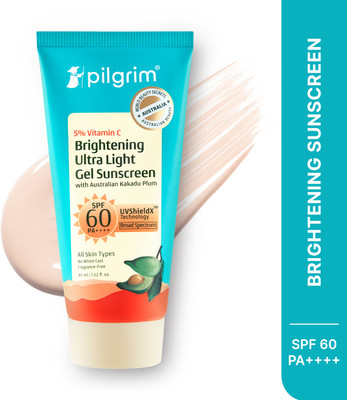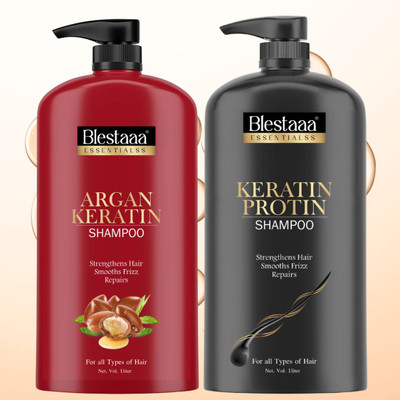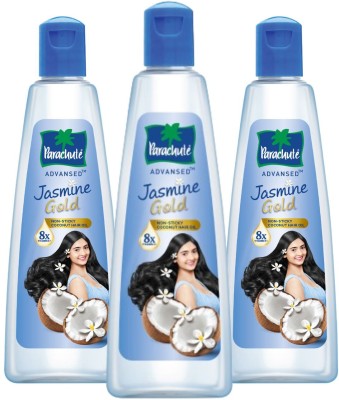
Crysalis Argan Oil (15 ml)
Share
Crysalis Argan Oil (15 ml)
4.8
4 Ratings & 0 Reviews₹295
₹372
20% off
@1966.667/100ml
Available offers
T&C
T&C
T&C
Delivery
Check
Enter pincode
Delivery by11 Oct, Saturday
?
if ordered before 12:59 PM
View Details
Highlights
- For Men
- For Body
- For All Skin Types
- Mineral Essential Oil
- Quantity 15 ml
Services
- Cash on Delivery available?
Seller
Description
Argan oil is a plant oil produced from the kernels of the argan tree (Argania spinosa L.), endemic to Morocco, that is valued for its nutritive, cosmetic and numerous medicinal properties. It is also known in cosmetic use as Moroccan oil.
Argan oil has a relative density at 20 ?C (68 ?F) ranging from 0.906 to 0.919. Argan oil contains tocopherols (vitamin E), phenols, carotenes, squalene, and fatty acids, (80% unsaturated fatty acids] The main natural phenols in argan oil are caffeic acid, oleuropein, vanillic acid, tyrosol, catechol, resorcinol, (-)-epicatechin and (+)-catechin. Depending on the extraction method, argan oil may be more resistant to oxidation than olive oil
Culinary uses
Culinary argan oil (argan food oil) is used for dipping bread, on couscous, salads and similar uses. Amlou, a thick brown paste with a consistency similar to peanut butter, is produced by grinding roasted almond and argan oil using stones, mixed with honey and is used locally as a bread dip.
Various claims about the beneficial effects on health due to the consumption of argan oil have been made. Researchers have concluded that daily consumption of argan oil is 'highly likely' to be one factor helping the prevention of various cancers, cardiovascular diseases and obesityThe results of a nutritional intervention study, in which volunteers were given either argan oil or animal fats (butter) in their diet, were published in 2005. The results showed that regular dietary intake of argan oil led to reduced levels of harmful cholesterol and triglycerides in the blood, compared to a diet with regular intake of animal fats.
Read More
Specifications
In The Box
| Sales Package |
|
| Pack of |
|
General
| Brand |
|
| Model Name |
|
| Quantity |
|
| Ideal For |
|
| Organic |
|
| Composition |
|
| Fragrance |
|
| Applied For |
|
| Application Area |
|
| Skin Type |
|
| Container Type |
|
| Net Quantity |
|
Ratings & Reviews
4.8
4 ratings and 0 reviewsBe the first to ask about this product
Safe and Secure Payments.Easy returns.100% Authentic products.
Back to top




